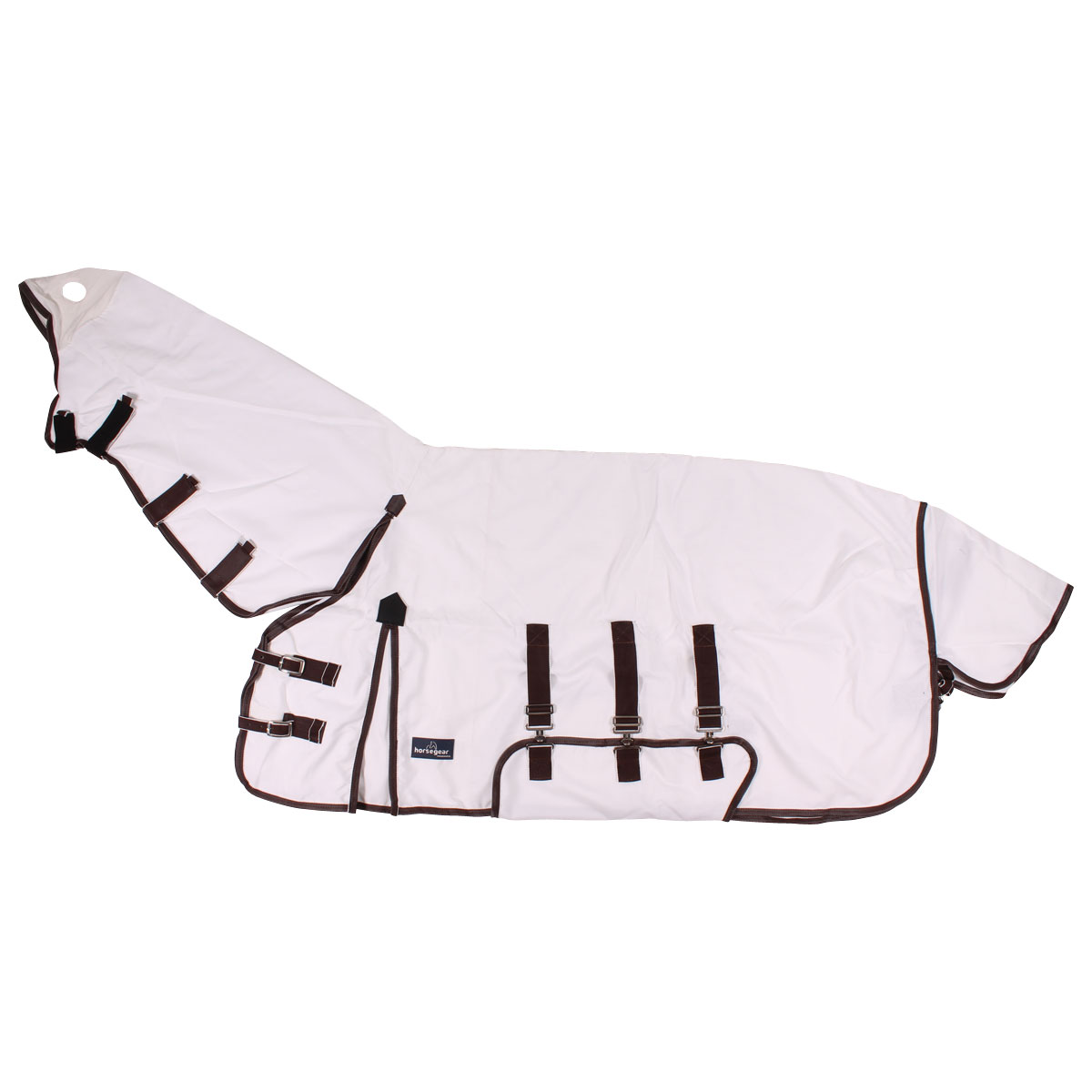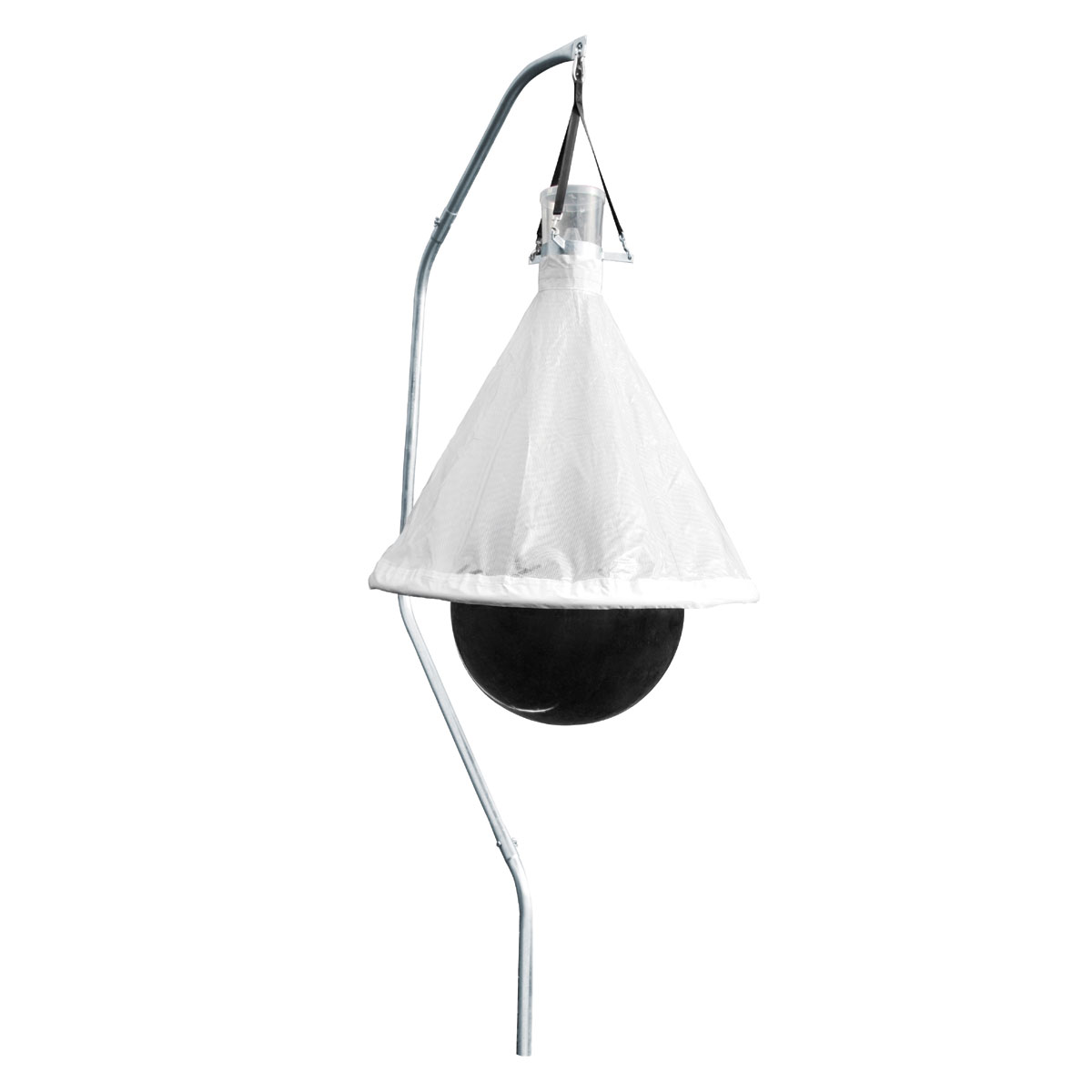The past few weeks it's been hot, outrageously hot! These warm days will keep on coming, however your horse might not be as happy about it as we are. There are a few things to keep in mind regarding horses and hot weather. We'll give you a few tips to keep your horse comfortable during this scouring heat.
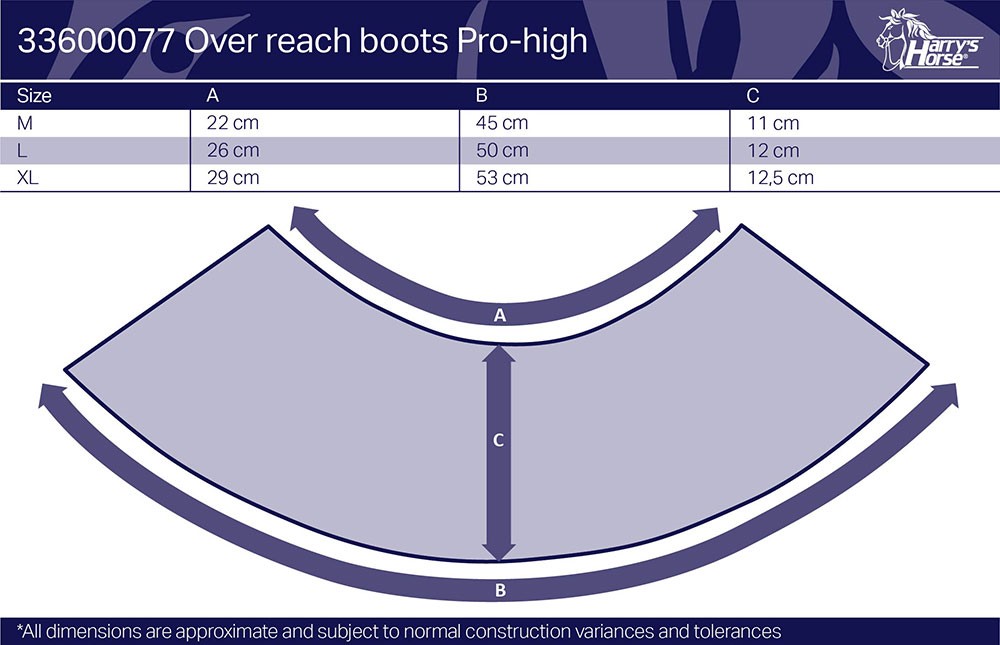

Hyperthermia
When the weather is hot there's a chance your horse gets hyperthermia. This can happen both during workouts but also when your horse is out grazing. The regular body temperature for your horse lies between 37,4°C and 38,5°C. Your horse is become overheated when its body temperature rises above 40°C. Signs of a horse suffering from hyperthermia include a shallow breath and a heightened heartbeat; additionally your horse may have an uncoordinated gait, as if it is drunk. Sweat is not a sign of overheating, in fact your equine friend can be overheating without even a drop of sweat.
What to do if your horse has hyperthermia?
Rinse your horse with cold water. Focus on the inner legs, belly, neck and shoulders. Let your horse drink, but in small portions; no more than half a bucket at a time. Walk your horse. Repeat this until the temperature of your horse has dropped and the vet has arrived.
To prevent hyperthermia it is important to offer shade to your horse and adjust the training regiment. Keep in mind that a horse's comfort zone, the temperature at which your horse is comfortable, lies between -5°C and 15°C. Don't do intense workouts when the temperature is high and avoid training at the warmest time of day.
Electrolytes
When the weather is hot, your horse transpires more than usual. When a horse is sweating it also loses important minerals, namely electrolytes. Electrolyes regulate the fluid balance and many other important bodily functions. It's important to make sure your horse has enough electrolytes in its system so that the fluid balance of the equine system can be maintained. HorseFitShop has several electrolytes in their product range. Check them out
right here.
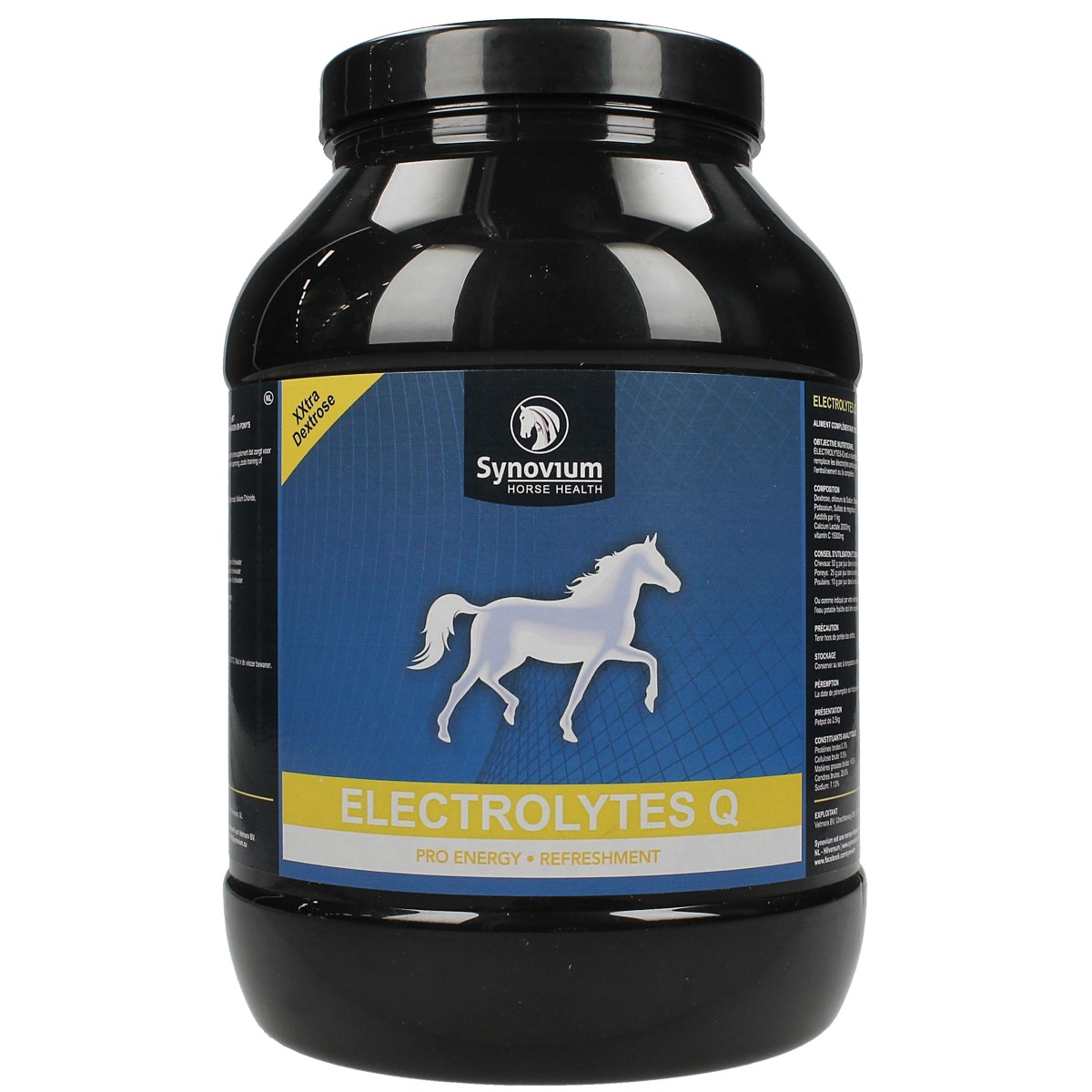
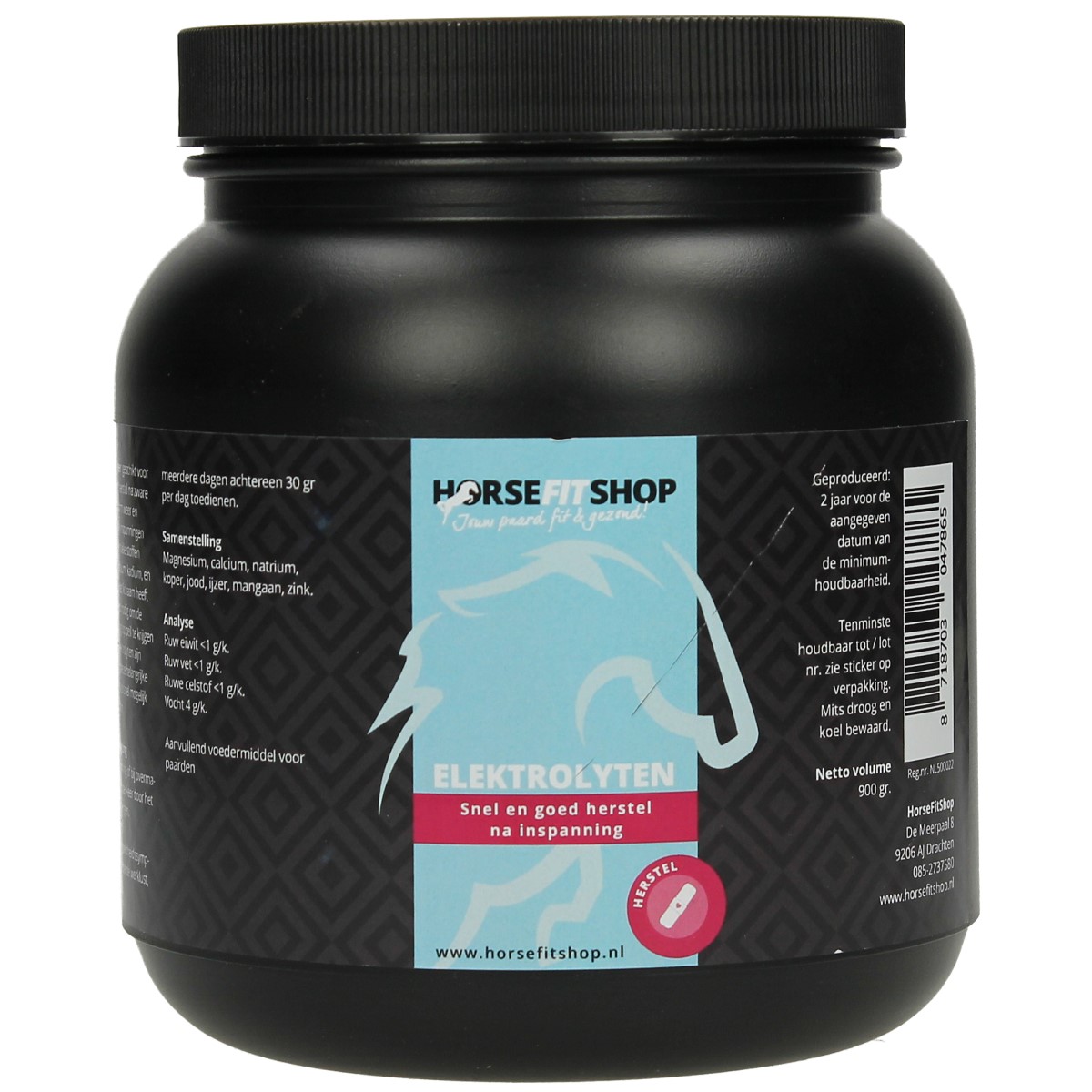
Sun block

Some horses thoroughly enjoy sunshine. Of course you want them to be able to walk in the sun like we do, however some horses are quite sensitive to the sun and get burned. The pink or white nose and white feet are especially sensitive to this. You can recognize burns from a red, thick and warm skin. Extreme burns can even cause blisters. To protect your horse from UV-rays make sure there is ample shade for your equine friend to graze. There are also fly masks that help protect against sunrays. Finally there are sunblock creams that can be used on areas with little hair such as the nose, lips and lower legs.
Dry hooves
No clouds in sight, and days without rain and with extreme heat can result in dry hooves. Dry hooves can lead to tears of the hoof and even entire chunks breaking off. Hooves need water to stay healthy. To keep the hooves of your horse healthy you can opt to water part of a pasture, for example just in front of the water trough. However with extreme heat this probably won't do the trick. Another option is to rinse down your horse's legs. In order for this to have any effect the hooves need to stay wet for at least 20 minutes. Seeing as none of the options above can guarantee this it is wise to use a moisturizing ointment on the hooves.
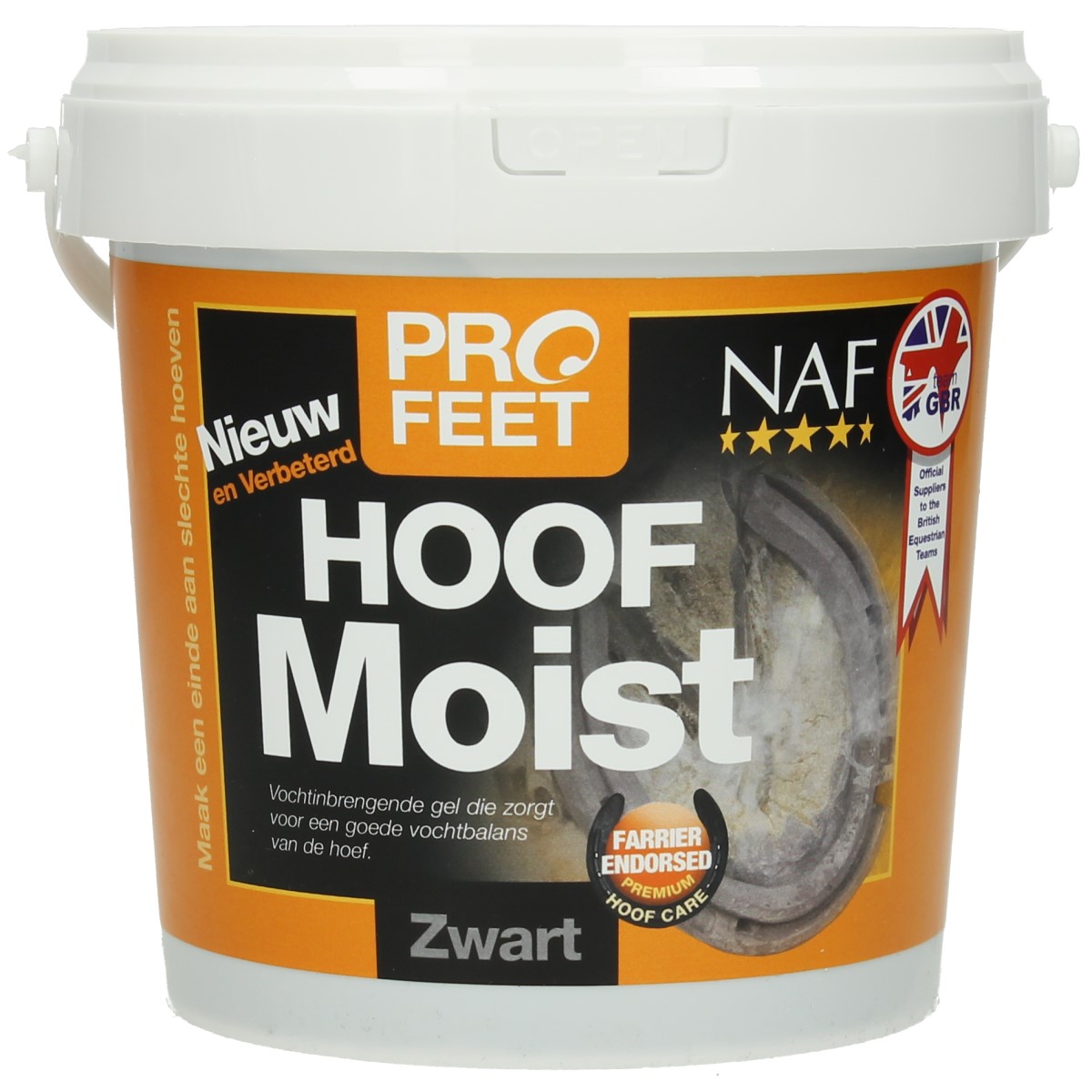
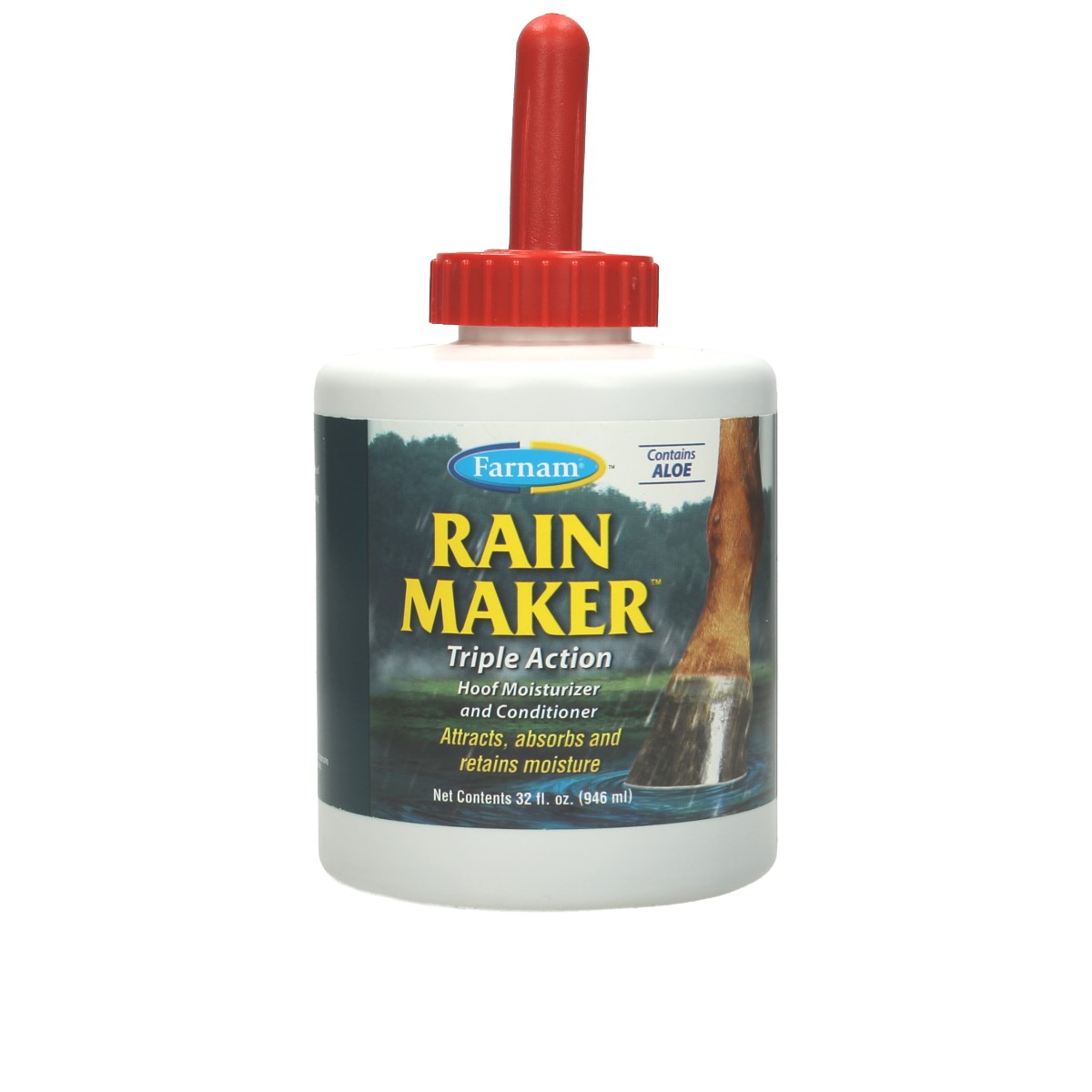
Insects
With warm weather insects hatch. Stinging and biting insects like the horse fly are a horse and a horse owner's worst enemy in times of heat. To protect your horse from flies you can buy a fly sheet or eczema rug. These rugs are made from fine mesh which cannot be penetrated by insects. There are also exercise sheets designed as fly sheets to use during exercising. Additionally a horse fly trap might be useful. A horse fly trap is large, dark and gently swings in the wind and is warmed up by the sun; this makes it seem as an attractive target for horse flies, depending on type of trap the horse fly will get stuck in glue or end up in a small bucket it can't get out of.
